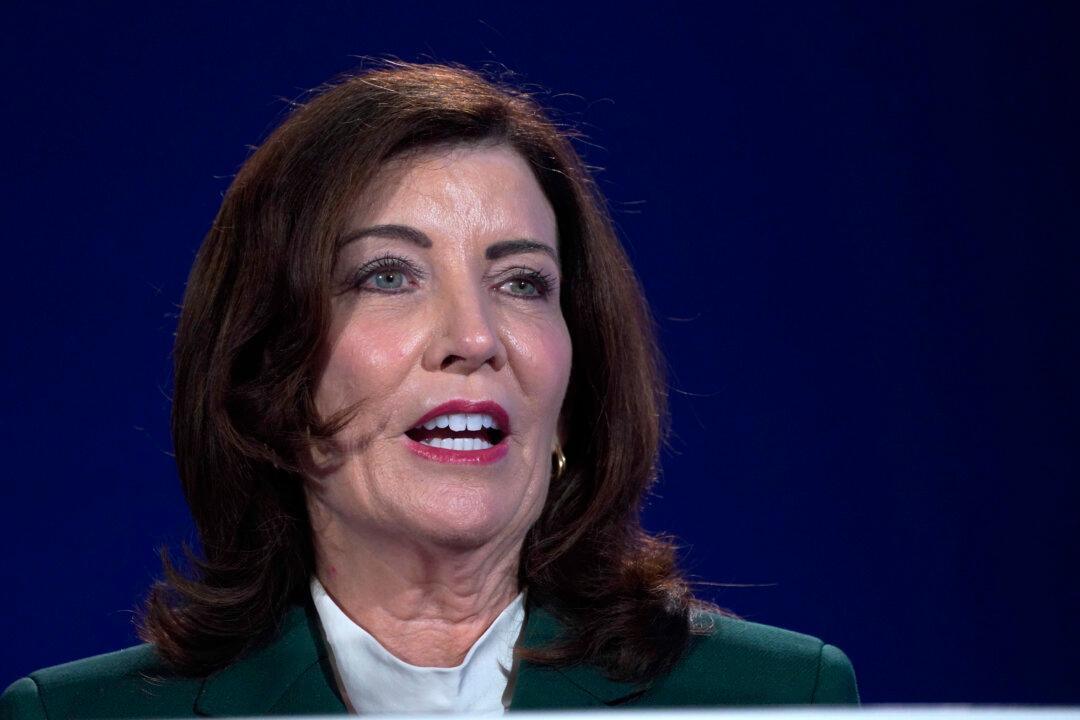New York lawmakers have announced new proposals to restrict what social media platforms can do with the personal information of under 18s and minor’s use of addictive algorithms.
In an Oct. 11 press release, New York Gov. Kathy Hochul, New York Attorney General Letitia James, State Senator Andrew Gounardes (D-N.Y.), and state Assemblywoman Nily Rozic revealed two bills aimed at reducing the negative impacts of social media on under 18s.





